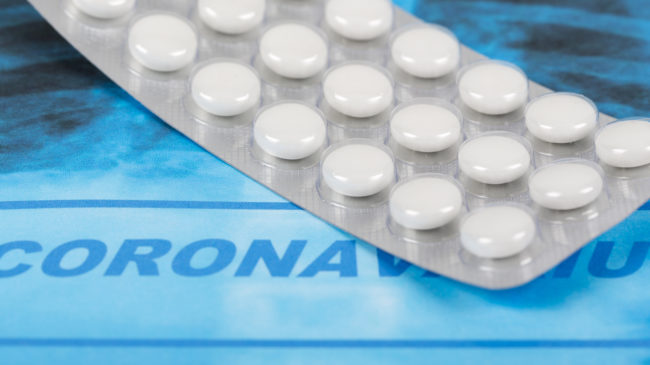The global spread of novel virus Covid-19 has health care professionals scrambling to treat patients of varying severity. Yet currently, no treatment has definitely shown enough promise against the coronavirus to receive U.S. Food and Drug Administration (FDA) approval for widespread use.
Many, including President Donald Trump, have touted the efficacy of two drugs currently in use in China and other countries: chloroquine (CQ) and hydroxychloroquine (HCQ). As a result, many argue that, due to the severe and volatile effects of Covid-19 and the lack of effective therapies, the FDA should streamline, compress or even skip the years-long clinical trials process for these drugs, especially for patients who have a high chance of succumbing to the virus.
To evaluate this position, it’s necessary to understand why and how clinical trials work and methods for working around them.
- How do clinical trials work?
- Is there any way for COVID-19 investigational drugs to bypass the clinical trials process, making them available for doctors to administer?
- What are chloroquine (cq) and hydroxychloroquine (hcq) and how do they work?
- What are the side effects of chloroquine and hydroxychloroquine?
- If hydroxychloroquine is 40 percent less toxic than chloroquine, why are we even bothering with chloroquine?
- Do the drugs work against COVID-19?
- What other approaches are being sought?
Frequently Asked Questions About Chloroquine And Hydroxychloroquine In Treating Covid-19

